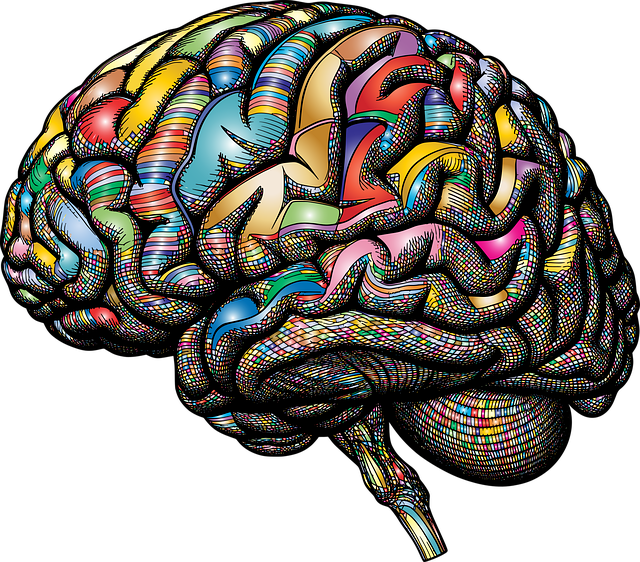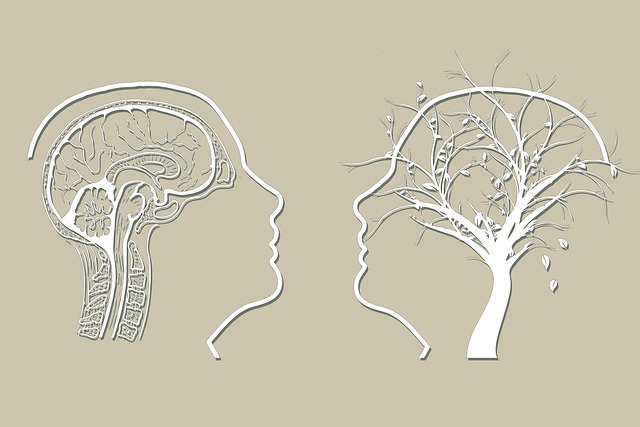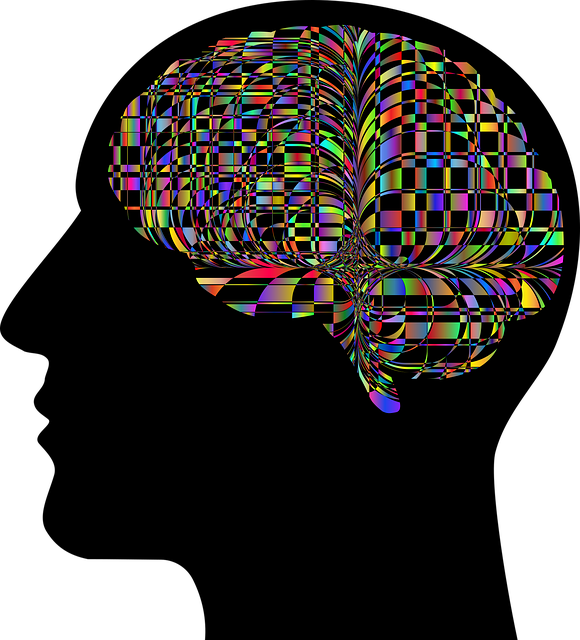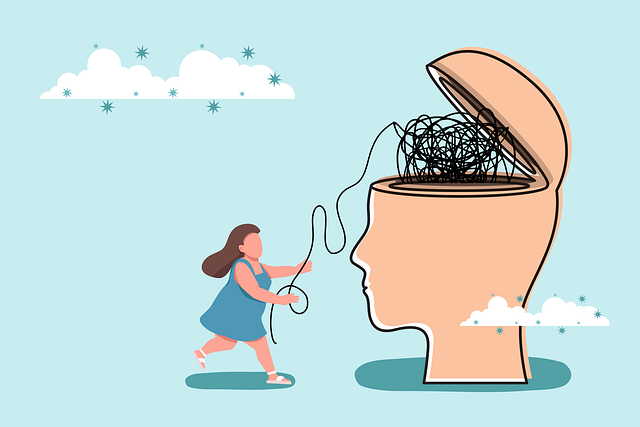Golden Codependency Therapy (GCT) focuses on identifying unmet needs and imbalanced resource dynamics through its Resources, Needs, and Expectations (RFM) framework. This approach helps individuals, especially healthcare providers facing burnout, manage mental wellness by setting boundaries, prioritizing self-care, and exploring personal growth opportunities. Effective resilience-building exercises, inspired by GCT, include journaling prompts, mindfulness practices, and art therapy. Integrating Resilience, Flexibility, and Mastery (RFM) principles into daily routines promotes adaptability and equips individuals to navigate challenges thoughtfully. Public awareness campaigns further normalize conversations around resilience and mental health.
“Uncover the power of resilience with a deep dive into RFM (Reciprocal Emotional Support Model) and its pivotal role in Golden Codependency Therapy. This article guides you through a transformative journey, exploring how RFM exercises foster personal growth and emotional well-being. Learn effective strategies to incorporate these practices into daily life, promoting sustainable change. Discover the path to enhanced resilience, improved relationships, and a deeper sense of self. Embrace the benefits of Golden Codependency Therapy and unlock your innate capacity for emotional strength.”
- Understanding RFM and Its Role in Golden Codependency Therapy
- Designing Resilience-Building Exercises for Personal Growth
- Integrating RFM into Daily Life: Strategies for Sustainable Change
Understanding RFM and Its Role in Golden Codependency Therapy

Understanding RFM, or Resources, Needs, and Expectations, is a cornerstone in Golden Codependency Therapy (GCT). This therapeutic approach recognizes that individuals often develop unhealthy relationships due to unmet needs and imbalanced resource dynamics. By identifying and addressing these underlying factors, GCT aims to foster healthier interactions and emotional well-being.
In the context of healthcare, where Burnout Prevention Strategies for Healthcare Providers are increasingly important, RFM analysis can be powerful. Mental Wellness Podcast Series Production often highlights the importance of self-care and setting boundaries. GCT encourages individuals to explore their emotional healing processes by recognizing their resources—both internal and external—and aligning them with their needs. This proactive approach not only benefits healthcare professionals but anyone seeking to navigate complex relationships and enhance their mental wellness.
Designing Resilience-Building Exercises for Personal Growth

Designing resilience-building exercises involves creating activities that encourage individuals to navigate their emotions and experiences in a way that fosters personal growth. These exercises should be tailored to promote self-awareness, build coping mechanisms, and enhance overall mental wellness. Golden Codependency Therapy, for instance, emphasizes the importance of developing healthy boundaries and independent thinking. Exercises could include journaling prompts to reflect on codependent patterns, mindfulness practices to cultivate present-moment awareness, or creative outlets like art therapy to express emotions.
The goal is not just to cope but to thrive. Incorporating these exercises into Mental Wellness Coaching Programs Development can empower individuals to lead more fulfilling lives. By integrating self-care routines, such as regular physical activity and stress management techniques, into one’s daily life, people can better manage challenges and promote better mental health. Public Awareness Campaigns Development can also play a significant role in normalizing conversations around resilience, encouraging communities to support one another during tough times.
Integrating RFM into Daily Life: Strategies for Sustainable Change

Integrating RFM (Resilience, Flexibility, and Mastery) into daily life is a powerful strategy for fostering mental wellness and sustainable change. Golden Codependency Therapy emphasizes this approach, aiming to help individuals break free from unhealthy patterns and build resilience. By incorporating RFM practices, such as mindfulness exercises, cognitive reframing, and problem-solving techniques, people can navigate challenges with greater ease. These strategies empower individuals to respond rather than react, fostering a sense of control and adaptability in various aspects of life.
Public awareness campaigns development has played a crucial role in promoting these methods, highlighting their benefits for stress reduction. RFM exercises offer a holistic approach to mental wellness, teaching individuals how to manage stress, build emotional resilience, and make more thoughtful decisions. Whether it’s mastering time management skills, adapting to change, or developing effective communication strategies, these tools empower people to lead happier, healthier lives.
Golden Codependency Therapy leverages RFM (Reliability, Availability, and Emotional Connection) as a cornerstone to foster resilience and personal growth. By designing tailored exercises that integrate RFM into daily life, individuals can cultivate sustainable change, enhancing their ability to navigate challenges with strength and adaptability. These strategies empower folks to break free from codependent patterns, fostering healthy relationships and a profound sense of self-worth.














